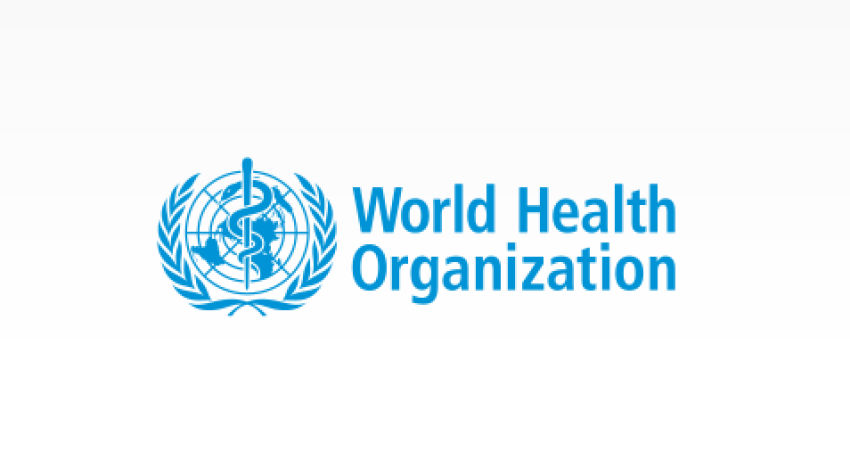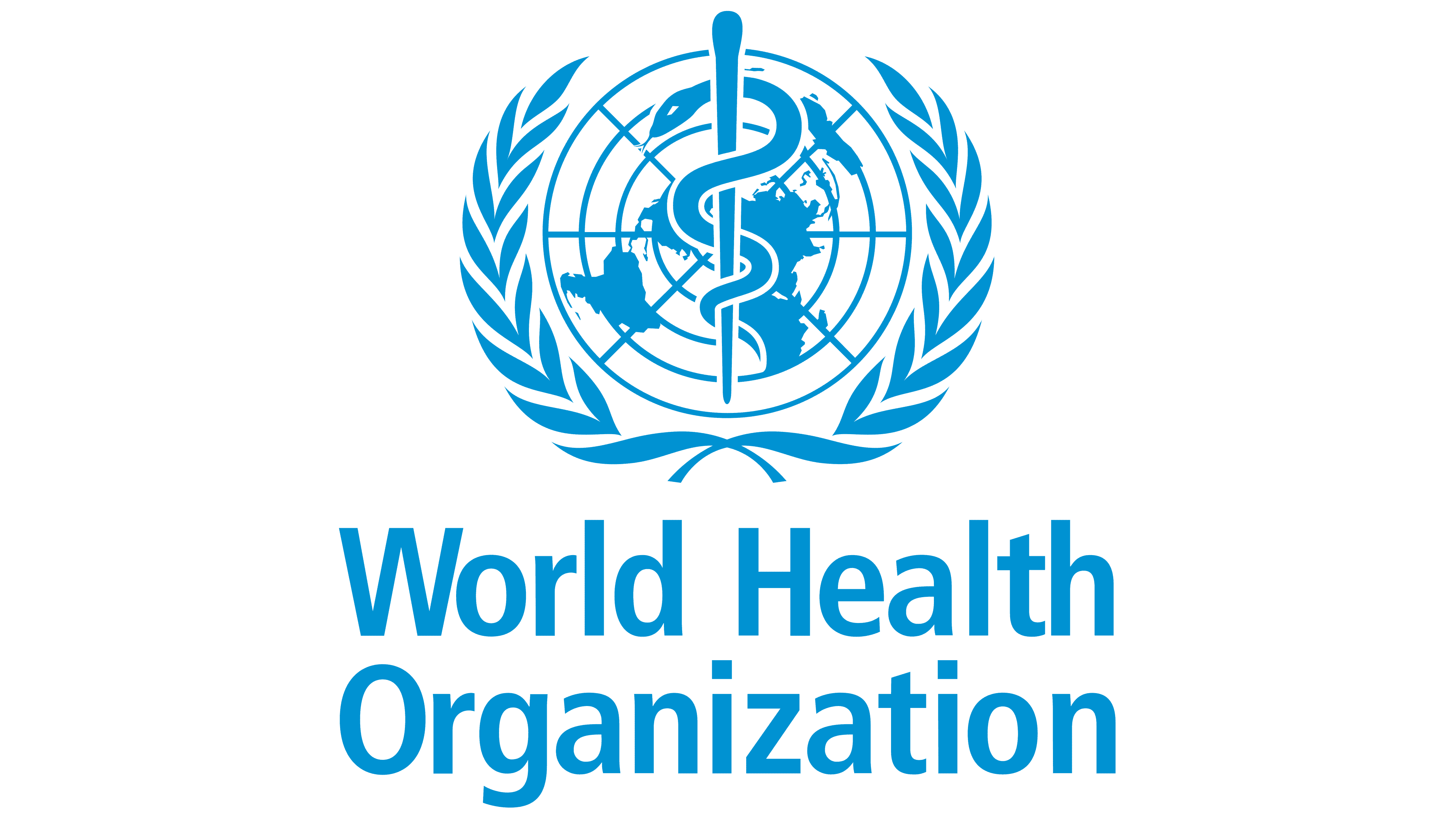Who's The Richest Person In The World? Understanding Global Wealth
Many people often wonder, so, who holds the title of the wealthiest person on Earth? It’s a question that pops up quite a bit, really, and it speaks to a natural curiosity about extreme success and the sheer scale of modern fortunes. This question isn't just about a number; it's about what that kind of wealth means, how it's built, and the impact it can have across the globe.
Figuring out who sits at the very top of the wealth ladder is a bit like trying to catch smoke, you know, because these fortunes can change so quickly. Market shifts, business deals, and even world events can cause a person's net worth to go up or down in a flash. It’s a very dynamic situation, with movements happening all the time.
This article aims to shed some light on this fascinating topic, exploring how these vast sums are calculated, who typically makes these lists, and what such immense wealth means for the wider world. We'll look at the current situation, like, and also touch upon the bigger picture of global financial landscapes, too it's almost a way to see how things connect.
Table of Contents
- The Shifting Sands of Super Wealth
- Beyond the Billions: What Does Extreme Wealth Mean?
- Common Questions About Global Fortunes
- The Human Side of Unimaginable Riches
The Shifting Sands of Super Wealth
The identity of the world's richest person is, you know, not a fixed thing. It moves around quite a bit, sometimes even daily. This is because the wealth of the ultra-rich is often tied up in public company shares, which can go up or down with market activity. So, what was true yesterday might not be the same today, or even tomorrow.
This constant movement makes the whole topic quite interesting, actually. It shows just how interconnected global markets are and how quickly fortunes can be made or lost. It's a bit like watching a very high-stakes game where the scoreboard keeps changing, and you have to keep checking for updates.
Who Holds the Top Spot Right Now?
As of mid-2024, the person often considered the richest in the world is Bernard Arnault. He leads a vast collection of luxury brands under the LVMH Moët Hennessy Louis Vuitton group. His wealth comes from a range of businesses that include fashion, cosmetics, jewelry, and even wine and spirits, you know, a very wide reach.
His business approach has involved acquiring and building up many well-known names, making them even more successful. This strategy has proven to be incredibly effective over many years, allowing his wealth to grow considerably. It’s a testament to long-term vision and business smarts, in a way.
Here's a quick look at some general details about Bernard Arnault, the person frequently at the top of these lists. This information gives you, like, a basic idea of his background and what he does.
| Detail | Information |
|---|---|
| Name | Bernard Arnault |
| Nationality | French |
| Primary Business | Luxury Goods (LVMH Moët Hennessy Louis Vuitton) |
| Key Brands | Louis Vuitton, Christian Dior, Tiffany & Co., Sephora, Bulgari, Givenchy, and many more. |
| Source of Wealth | Founder, Chairman, and CEO of LVMH; investments. |
| Current Status | Often ranked as the world's wealthiest person. |
How Wealth is Measured
When we talk about someone's wealth, we're usually talking about their "net worth." This means, basically, the total value of all their assets minus any debts they might have. Assets can include things like company shares, real estate, art collections, cash, and other valuable possessions, so it's a very broad calculation.
Financial publications, like Forbes or Bloomberg, are the main sources for these rankings. They have teams that gather a lot of data, you know, from public records, stock market filings, and even interviews, to estimate these fortunes. It's a complex process that relies on publicly available information and careful analysis.
The estimates are often based on the closing stock prices of publicly traded companies on a specific date, which is why the rankings can change so often. These organizations, like, gather data collections and publish reports to give people a picture of who has the most money. It’s a big job to keep track of it all, and they work worldwide to do it.
Beyond the Billions: What Does Extreme Wealth Mean?
Having billions of dollars is, quite honestly, a sum most people can't even truly imagine. It's not just about buying things; it represents a huge amount of economic influence and, like, a capacity to shape industries and even societies. This level of wealth goes far beyond personal spending.
It brings with it a certain kind of responsibility, too, or at least a potential for great impact. Whether that impact is positive or negative often depends on how the wealth is used. It’s a very interesting point to consider, how one person's financial standing can ripple outwards.
The Source of Such Fortunes
Most of the world's richest people didn't just inherit all their money; many built their fortunes through business ventures, often creating entirely new industries or disrupting old ones. Think about technology, for instance, or luxury goods, or even retail. These are areas where, you know, big ideas can lead to massive wealth.
Some examples include creating groundbreaking software, developing electric vehicles, or building global fashion empires. These individuals often have a keen sense for what people want and how to deliver it on a massive scale. They might also be very good at managing large groups of people, sometimes more than 7,000 people, from more than 160 countries, all working towards a shared business goal.
Their success often comes from a combination of innovation, smart investments, and a willingness to take calculated risks. It's not just luck, though luck can play a part, but also, like, a deep understanding of markets and human behavior. They tend to spot opportunities where others might not see them, or so it seems.
The Impact of Mega-Wealth
The sheer scale of mega-wealth means it can have a profound impact on economies, politics, and even social structures. These individuals can fund huge projects, influence public policy through lobbying, and even, you know, drive philanthropic efforts that aim to solve big global problems. It’s a pretty big deal.
For example, some wealthy people invest in new technologies that could change how we live, while others might focus on charitable causes. The decisions they make with their money can affect many lives, sometimes helping to promote health or serve the vulnerable worldwide. It’s a sort of quiet force that shapes things.
The discussion around extreme wealth also brings up questions about economic inequality. While some people accumulate vast sums, others struggle with basic needs. This disparity is, you know, a topic that many people think about and discuss quite often, wondering about fairness and opportunity in the world.
Common Questions About Global Fortunes
People often have questions about the world's wealthiest individuals, so we've gathered some common ones here. These questions, like, help to clarify how these lists are made and what they mean. Finding answers to these often involves looking at various data and reports.
Is the richest person always the same?
No, not at all. The person holding the top spot changes frequently. This is because a large part of their wealth is tied to the value of their company shares, which can go up or down with the stock market. Economic trends, business performance, and even global events can cause these shifts. So, it's a very fluid situation, really.
How do people get so rich?
Most of the world's wealthiest people gain their fortunes through building successful businesses and making smart investments. They often create new products or services, disrupt existing industries, or invest in companies that grow significantly. It's usually a combination of innovation, business acumen, and sometimes, you know, a bit of good timing.
What do the richest people do with their money?
The richest people do many different things with their money. A lot of it remains invested in their businesses or other ventures, which helps their wealth grow further. They also spend on personal luxuries, of course, but many also engage in large-scale philanthropy, giving significant amounts to charitable causes, or funding research and development. It's quite varied, actually, what they choose to do.
The Human Side of Unimaginable Riches
While the numbers are staggering, it's important to remember that behind every fortune is a person, or a family, with a story. Their journeys to extreme wealth are often filled with hard work, setbacks, and big decisions. It’s not just about the money itself, but the drive and vision that got them there, in a way.
These individuals, like, also face unique challenges and pressures that come with such immense public scrutiny and responsibility. Their actions and choices are often watched very closely by the world, which can be a heavy burden to carry, you know, sometimes.
Philanthropy and Giving Back
Many of the world's richest people are also significant philanthropists. They establish foundations, donate to charities, and support causes that range from health and education to environmental protection. This is a way they try to give back, or, you know, address some of the world's big problems.
For instance, some efforts aim to promote health worldwide, or to serve the vulnerable, much like some organizations work globally to do the same. These philanthropic endeavors can have a real impact, funding research, providing aid, or supporting programs that help communities in need. It's a way for wealth to be used for something beyond personal gain, essentially.
These efforts often involve very large sums of money and strategic planning, sometimes working with many people across different countries to make a difference. It’s a complex undertaking, just like running a big business, but with a different kind of goal, you know, a more humanitarian one.
The Broader Picture of Wealth
Thinking about who's the richest person in the world can also lead us to think about the broader economic picture. It highlights how global markets operate, how different industries create value, and the role of innovation in shaping our financial landscape. It's a lens through which to see economic forces at play, really.
It also reminds us that wealth is not static; it flows and changes, influenced by countless factors. Keeping up with who holds the top spot is interesting, but understanding the systems that create and distribute such wealth is, like, perhaps even more important for a full picture. To learn more about economic trends on our site, you can explore other articles, and link to this page for more insights into global finance.
So, the question of who's the richest person in the world is more than just a trivia point. It's a way to explore the dynamics of global economics, the power of entrepreneurship, and the ongoing discussion about wealth's impact on society. It’s a very current topic, and it keeps evolving, so staying informed is a good idea. You can often find detailed reports and data about global wealth from sources like Forbes, which tracks these fortunes regularly.

World Health Organization | United Nations

World Health Organization (WHO) - YouTube

World Health Organization March 11 2025 - Amitie Rosemonde